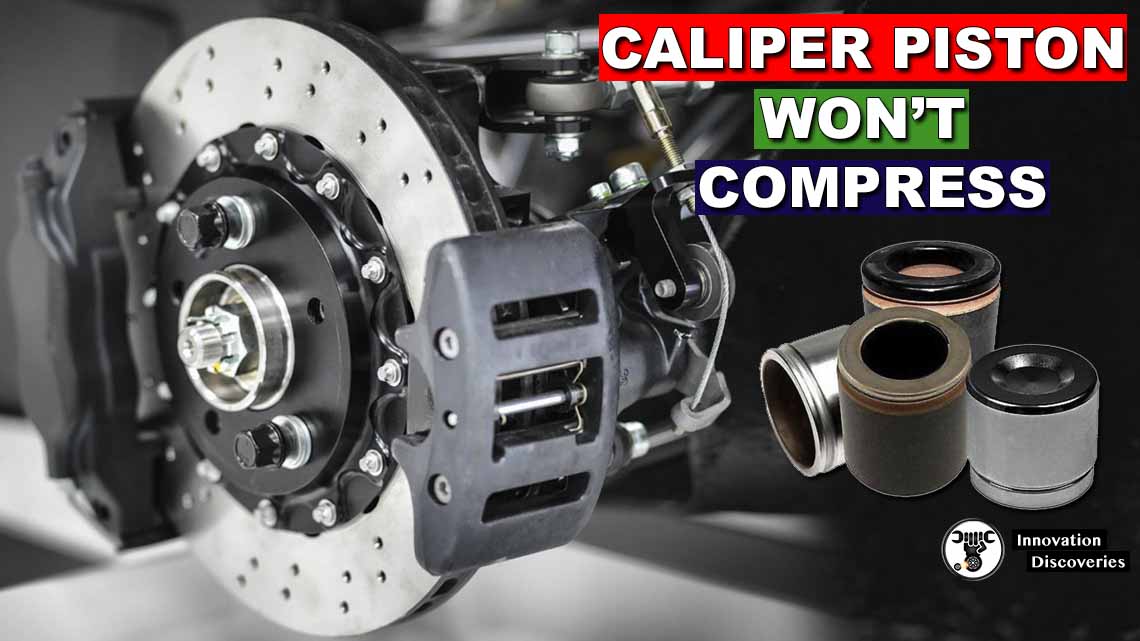
UPDATE - 2024/04/07
Introduction:
When dealing with a caliper piston that won’t compress, it’s essential to understand the underlying causes to effectively troubleshoot and resolve the issue.
Several factors can contribute to this problem, including wear and tear of caliper bolts, sticky pistons, and inactivity of the vehicle.

Causes of “Caliper Piston won’t Compress.”
The inability of a caliper piston to compress can occur due to various factors. Common causes include hydraulic pressure buildup, brake fluid contamination, seized caliper slides, collapsed brake hoses, worn brake pads or rotors, damaged caliper pistons, brake caliper defects, and brake system overheating.
Identifying the specific cause is essential for effective troubleshooting and resolution.
1. Wear and Tear of Caliper Bolts
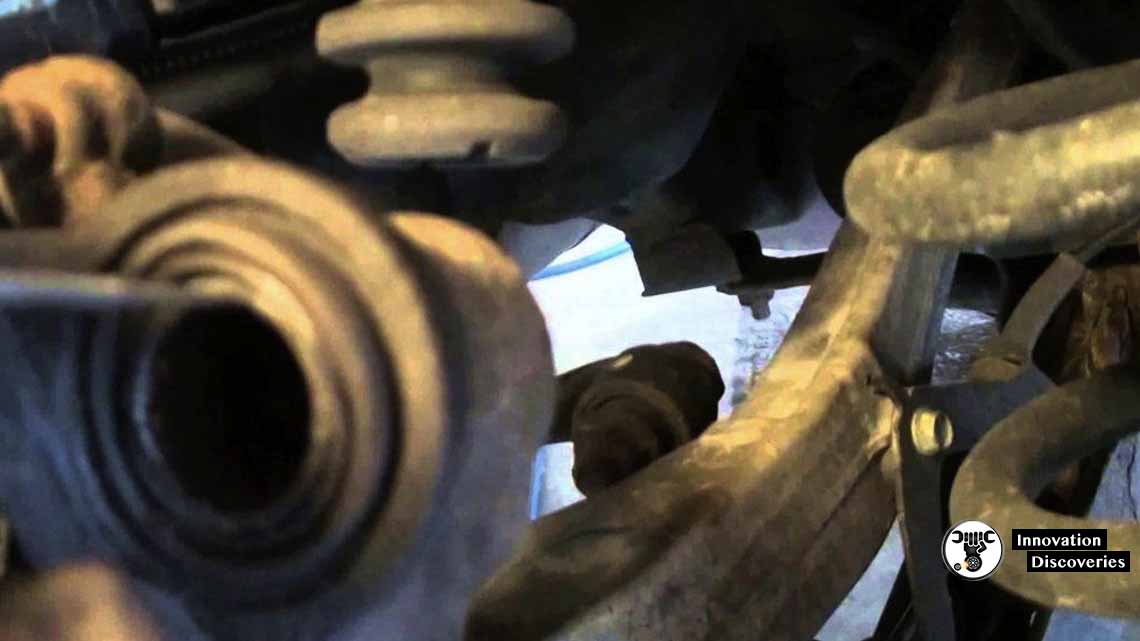
Over time, caliper bolts can become worn or corroded, leading to difficulties in compressing the caliper piston.
This wear and tear may result from exposure to environmental elements, poor maintenance practices, or prolonged usage without proper lubrication.
When the bolts are damaged or corroded, they may seize up, preventing the caliper from retracting as needed.
Solution:
Inspect the caliper bolts for signs of wear, corrosion, or damage. If necessary, replace them with new bolts and ensure proper lubrication during installation.
Regular maintenance, including cleaning and lubricating caliper bolts, can help prevent future issues.
SEE MORE:
2. Sticky Pistons
Sticky pistons can also cause compression problems in caliper systems. This issue often arises due to the accumulation of brake dust, dirt, or corrosion on the piston surface or within the caliper bore.
Additionally, exposure to high temperatures or moisture can exacerbate the problem, causing the piston to stick and resist compression.
Solution:
Begin by thoroughly cleaning the caliper piston and bore using a brake cleaner and a stiff brush. Ensure that all debris, dirt, and corrosion are removed from the piston and caliper bore.
If cleaning alone doesn’t resolve the issue, the piston may require further inspection or replacement. Lubricating the piston with appropriate brake lubricant during reassembly can help prevent future sticking.
3. Inactivity of the Vehicle
Vehicles that remain inactive for extended periods, such as during storage or infrequent use, can experience caliper piston compression issues.
Lack of movement can cause corrosion to develop on the piston and within the caliper bore, leading to stiffness and resistance during compression attempts.
Solution:
Prior to storing a vehicle for an extended period, consider applying a thin layer of lubricant to the caliper piston and operating the brake system to ensure proper movement.
For vehicles that experience infrequent use, periodic inspection and maintenance of the brake system can help prevent compression problems due to inactivity.
Fixing the Caliper Piston Compression Problem
To address the caliper piston compression problem effectively, follow these steps:
- Begin by inspecting the caliper bolts for wear, corrosion, or damage. Replace any compromised bolts and lubricate them properly during installation.
- Thoroughly clean the caliper piston and bore using brake cleaner and a stiff brush to remove any accumulated debris, dirt, or corrosion.
- If the piston remains sticky despite cleaning, consider further inspection or replacement of the piston. Ensure proper lubrication with brake lubricant during reassembly.
- For vehicles prone to inactivity, apply a thin layer of lubricant to the caliper piston before storage and periodically operate the brake system to maintain proper movement.
Conclusion:
A caliper piston that won’t compress can pose safety risks and impact vehicle performance.
By understanding the common causes, such as wear and tear of caliper bolts, sticky pistons, and inactivity of the vehicle, you can effectively troubleshoot and resolve the issue.
Regular inspection, maintenance, and proper lubrication are key to preventing compression problems and ensuring the reliable operation of the brake system.
RELATED CONTENT:
Visit Forum
Visit Our Friendly Website


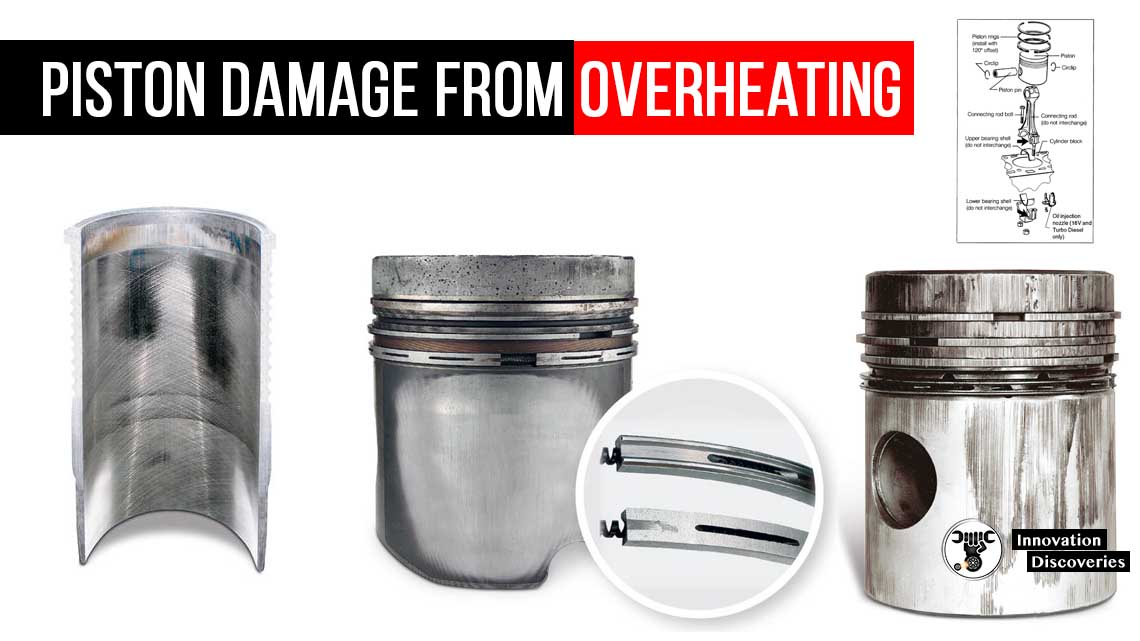
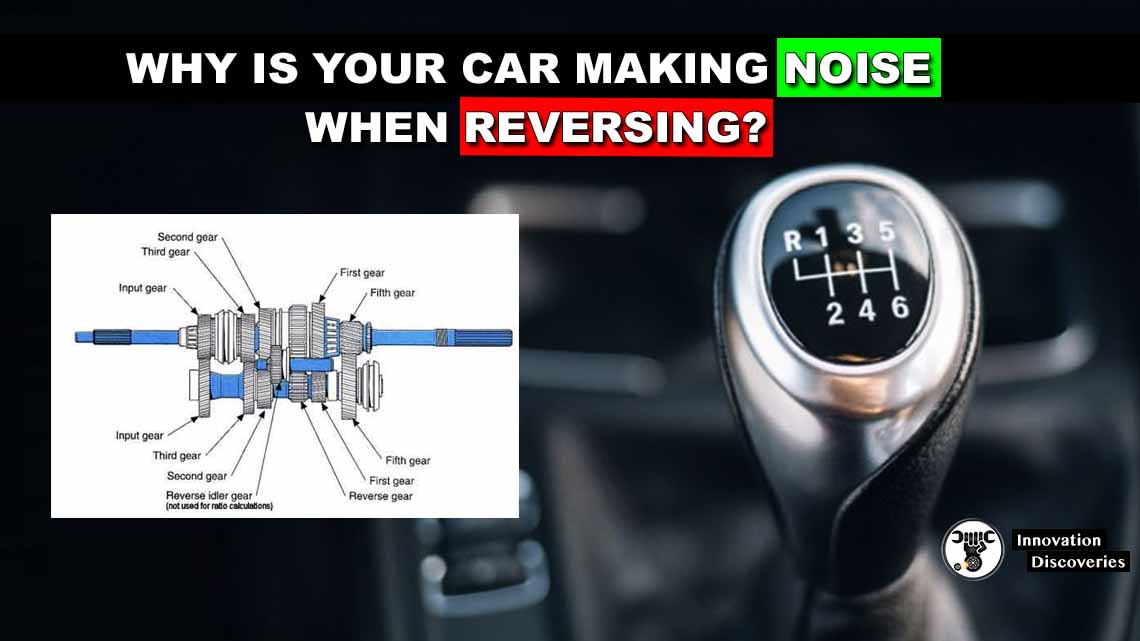
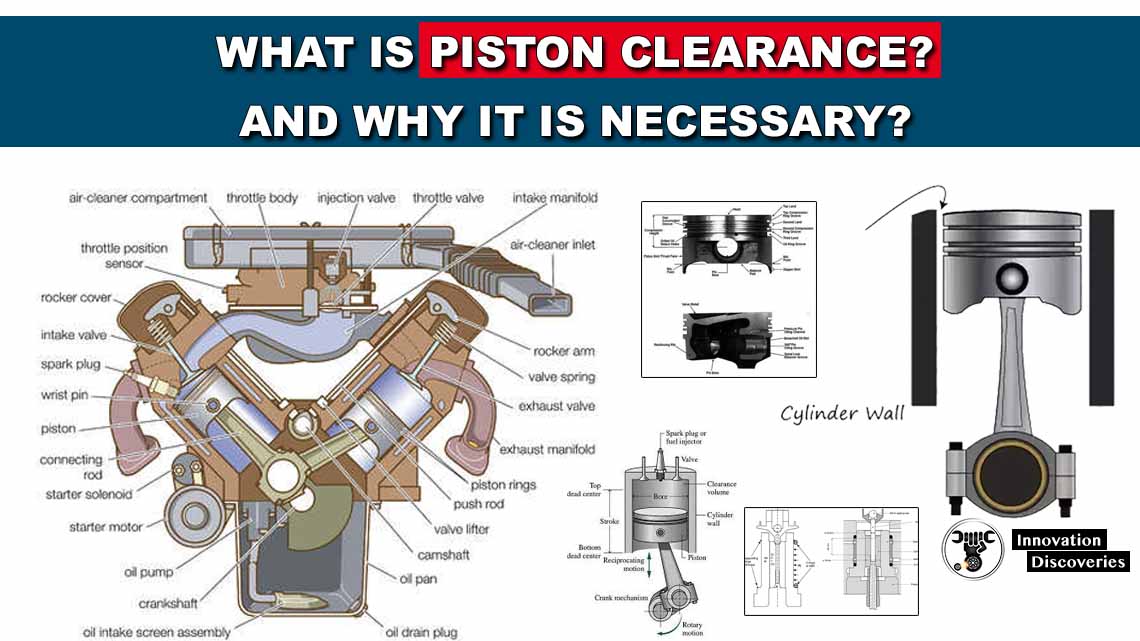
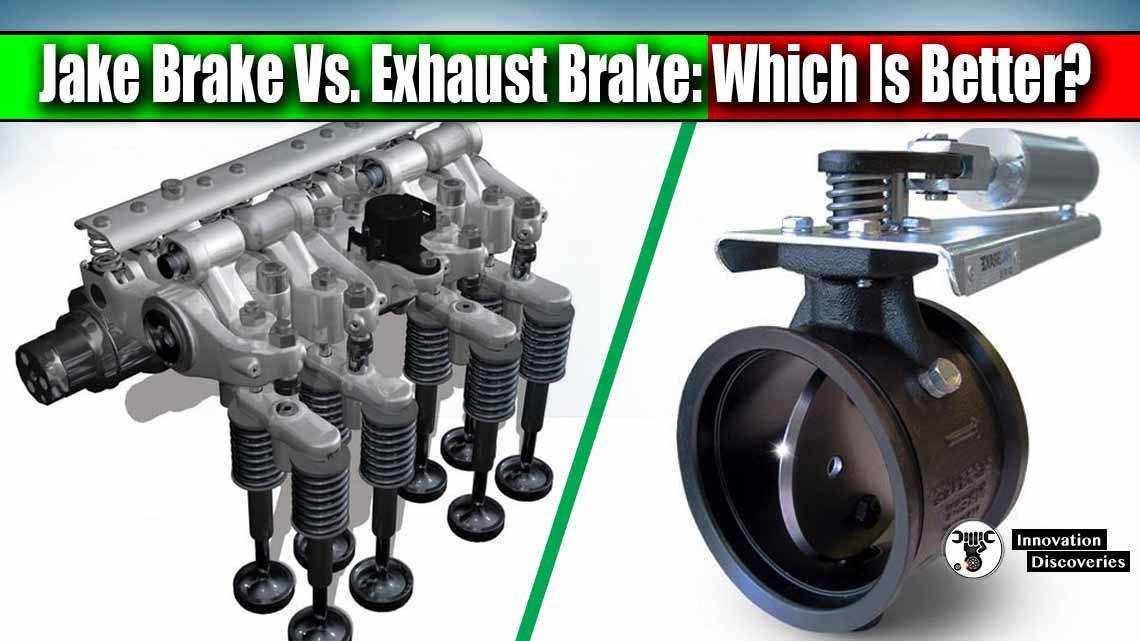
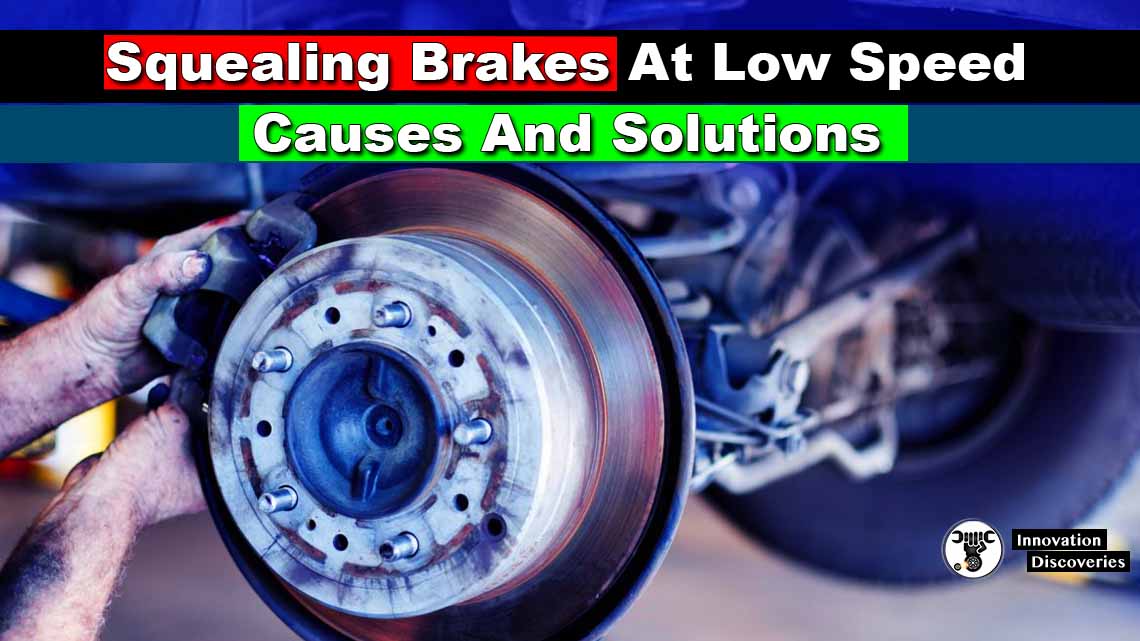
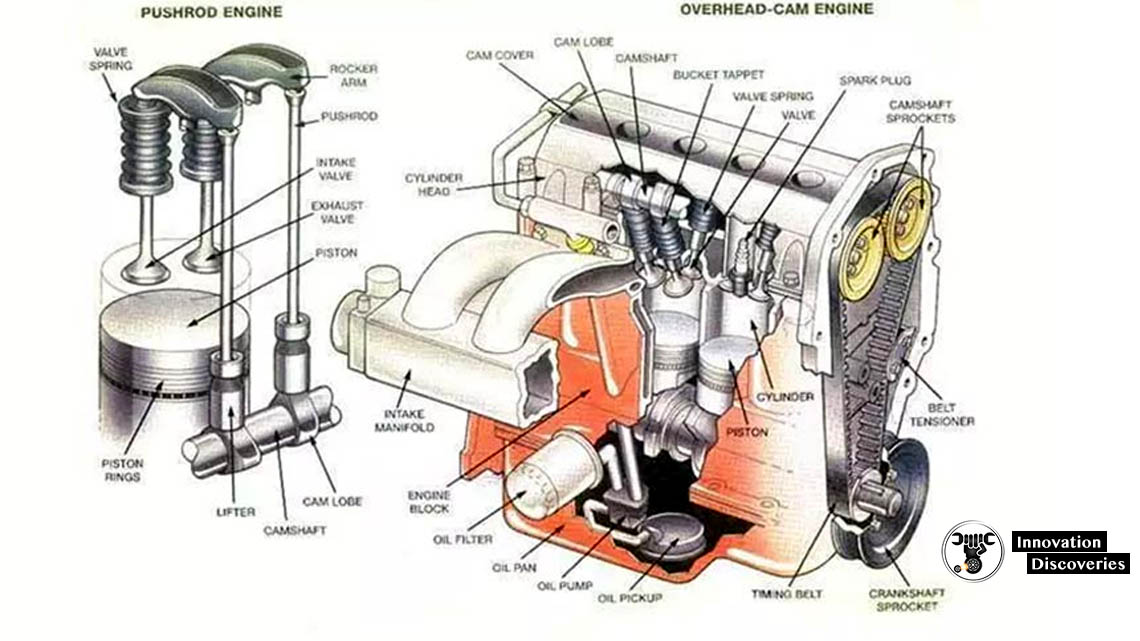
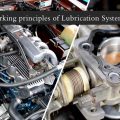
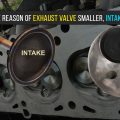
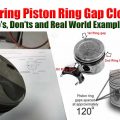
2 Comments